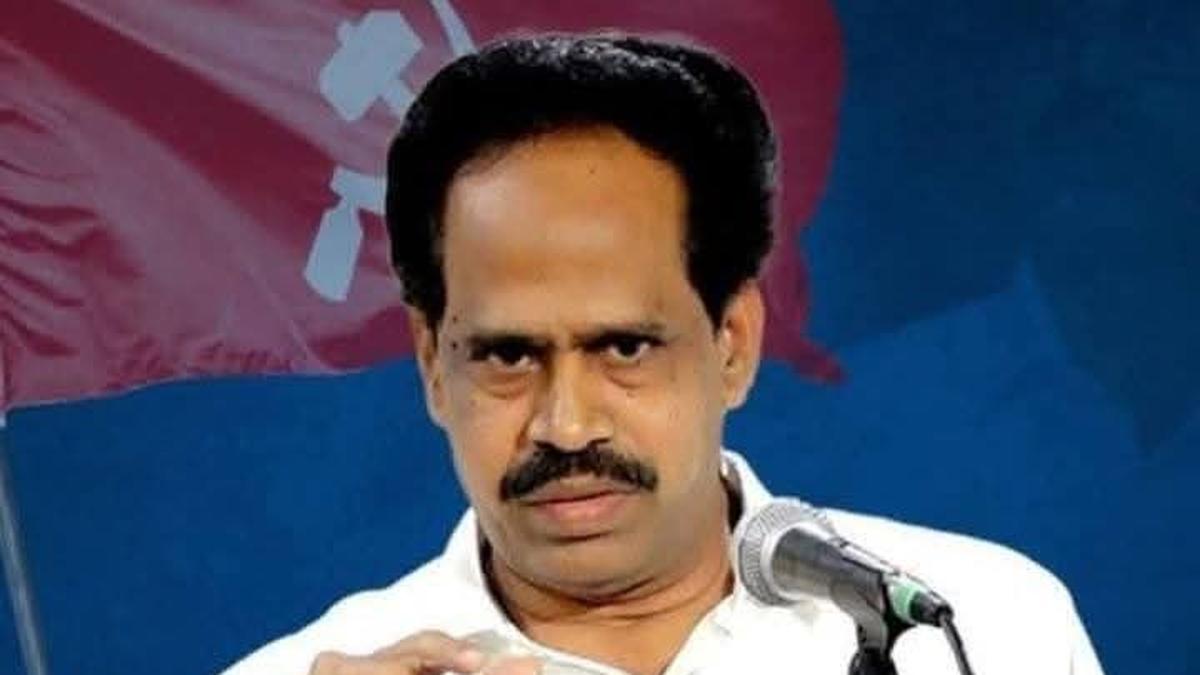Chief Justice of India B.R. Gavai, heading a five-judge Presidential Reference Bench, observed on Tuesday (September 9, 2025) that Governors must act as “true guides and philosophers” to State governments. He agreed with the Kerala government that the working relationship between the two constitutional authorities must be “collaborative”.
Also read: Presidential hearing highlights
Senior advocate K.K. Venugopal, representing Kerala, suggested that the Governors of Opposition-ruled States, such as Tamil Nadu, Kerala, Punjab, Telangana and West Bengal, learn from their counterparts in States ruled by the BJP and its allies, where Bills are granted assent without delay.
“Governors must deal with Bills ‘as soon as possible’ and not ‘as soon as convenient’,” Mr. Venugopal, assisted by advocate C.K. Sasi for the State, submitted.
Delays in Opposition-ruled States only
In its written submissions, Kerala said that eight Bills presented to its Governor had remained pending for periods between seven to 23 months.

“There are as many as 28 States and three Union Territories with Legislative Assemblies. Except for five States, i.e. Punjab, Telangana, West Bengal, Tamil Nadu and Kerala, 26 of the State governments or Union Territories had not gone to court complaining about the withholding of assent for long periods. This would mean that the legislatures and the Governors are ad idem [in agreement] in regard to the Bills becoming law. Hence, any approach to the functioning of the Governor cannot be on the basis that the Governor is an adversary of the legislature, but, on the other hand, the example set by the other 26 Governors should be treated as the norm,” Mr. Venugopal submitted.
‘Governor not adversary’
Senior advocate Gopal Subramanium, for Karnataka, said that giving Governors expansive powers would create a dyarchy — a government with two independent authorities — in a State.
“The repository of real power in a parliamentary democracy is the legislature in its role as the representatives of the people… Allowing Governors power to exercise his discretion in all his functions would render national elections a numerical exercise in expensive futility,” Mr. Subramanium submitted.

Mr. Venugopal argued the Governor must not act as an adversary. He is, in an actual sense, intimately a part of the State Legislature. “He is as much interested in the success of State Bills, which are for the welfare of the people,” he submitted.
Specific deadlines
The Bench is hearing a Presidential Reference on whether timelines to deal with State Bills can be imposed on Governors and the President. The Reference followed the Supreme Court’s judgment in a case against the Tamil Nadu Governor on April 8, which declared three-month deadlines for Governors and the President to decide the fate of the Bills placed before them for assent or consideration, respectively, under Articles 200 and 201.
Senior advocate Arvind Datar questioned why the court must be content with requesting the Governors to act on Bills within a “reasonable time”.
“Why should Your Lordships keep the timelines vague by saying ‘do this within a reasonable time’? The Supreme Court must specify — three months, six months. By fixing specific timelines, the court gives complete clarity and certainty,” Mr. Datar submitted.
Wrangling over timelines
Justice P.S. Narasimha on the Bench referred to instances in the past when the court had specified timelines, especially in medical admission cases, only to end up with more litigation.
“Time after time, this court has laid down timelines. But such orders only became fodder for more litigation. Take a look at the medical admission cases. We fix timelines for admission every year. The next year, applications are filed to extend the timeline,” Justice Narasimha told Mr. Datar.
Interpreting the Constitution
Noting that the Reference Bench was interpreting the Constitution, the senior counsel said that the interpretation must help the Constitution work better.
The Governor, State legislature, and the Union government are all components of governance, he said, warning that if one component acted truant by delaying assent to Bills, the whole system of governance would crumble.
Mr. Datar said that if the Supreme Court could weave the principle of substantive due process (protection of fundamental rights from government abuse) into the Constitution, it could very well read timelines into Articles 200 and 201.
The State of Telangana, represented by senior advocate S. Niranjan Reddy, submitted that the advisory jurisdiction of the top court under Article 143 was not restricted by the separation of powers.
“Acting under the advisory jurisdiction, the Supreme Court, which is answering the President’s questions, can give a collective opinion that the President/Governor must follow a three-month timeline. Though only an opinion of the Supreme Court under Article 143, it still has great persuasive value,” Mr. Reddy submitted.



.png)
.png)
.png)
















 3 days ago
6
3 days ago
6







 English (US) ·
English (US) ·